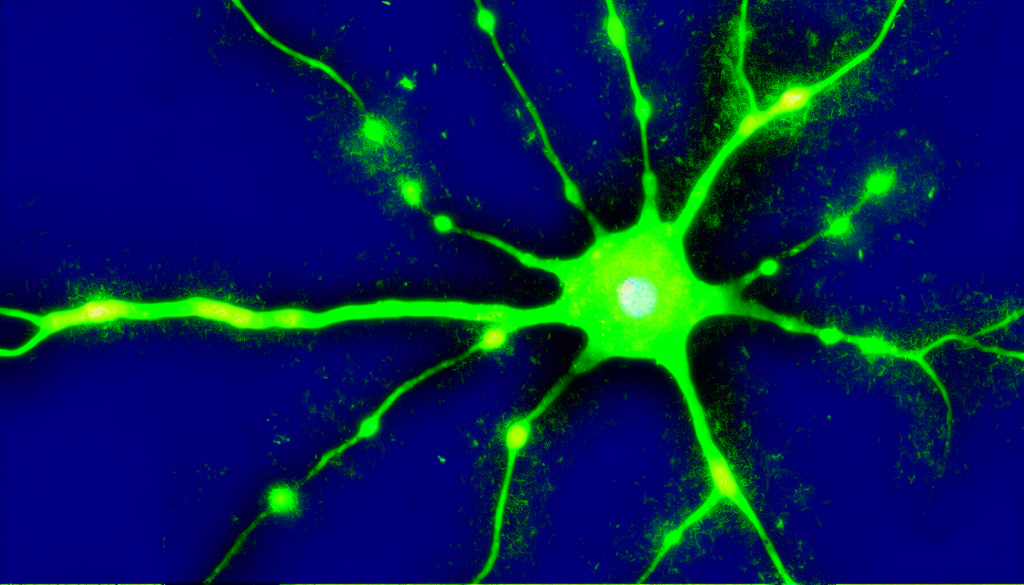WHO unveils new core training guide to enhance mental health support skills

The World Health Organization (WHO), in collaboration with UNICEF, has released a new training guide designed to help health and social service providers, along with other support workers, offer safe and effective care to adults facing mental health and psychosocial challenges.
This guide introduces a structured, skill-based framework focused on essential helping techniques such as listening attentively, showing empathy, and working collaboratively. It is suitable for both professionals and those without formal mental health training.
Worldwide, a large number of individuals coping with mental health difficulties do not have access to proper treatment. In low- and middle-income regions, for instance, only about 3% of people suffering from depression receive the care they need—partly due to the limited number of trained professionals.
Anyone who supports others in any capacity—including healthcare workers, community personnel, volunteers, teachers, and counselors—can enhance their effectiveness through structured training based on proven methods. Without proper training, even well-intentioned support can be ineffective or harmful.
“Millions of individuals lack access to high-quality mental health care because there aren’t enough trained professionals available,” said Dévora Kestel, Acting Director of WHO’s Department of Noncommunicable Diseases and Mental Health. “By improving basic helping skills in non-specialist workers, we can begin to close that gap. This manual provides a practical, research-backed way to strengthen those abilities, enabling more people to receive compassionate and timely support.”
Developed as part of the WHO-UNICEF EQUIP initiative, the manual focuses on building foundational skills through a standardized, competency-based approach. It trains users in key areas such as how to communicate effectively, convey empathy, build collaboration, and foster hope.
The guide is a useful tool for trainers and supervisors, enabling them to strengthen skills and boost confidence in those offering care. It outlines 15 key competencies and includes a validated method using role-plays to measure skill levels. This approach is designed to prevent harmful practices and improve the quality of support.
“With its modular design, the guide can easily be included in existing training programs. That flexibility makes it suitable for use in health care, education, social services, and humanitarian work,” said Mark Van Ommeren, Head of the Mental Health Unit at WHO.
Created through expert input, a comprehensive review of research, and real-world testing in four countries, the training has shown positive results, including better skills and higher confidence among those trained.

